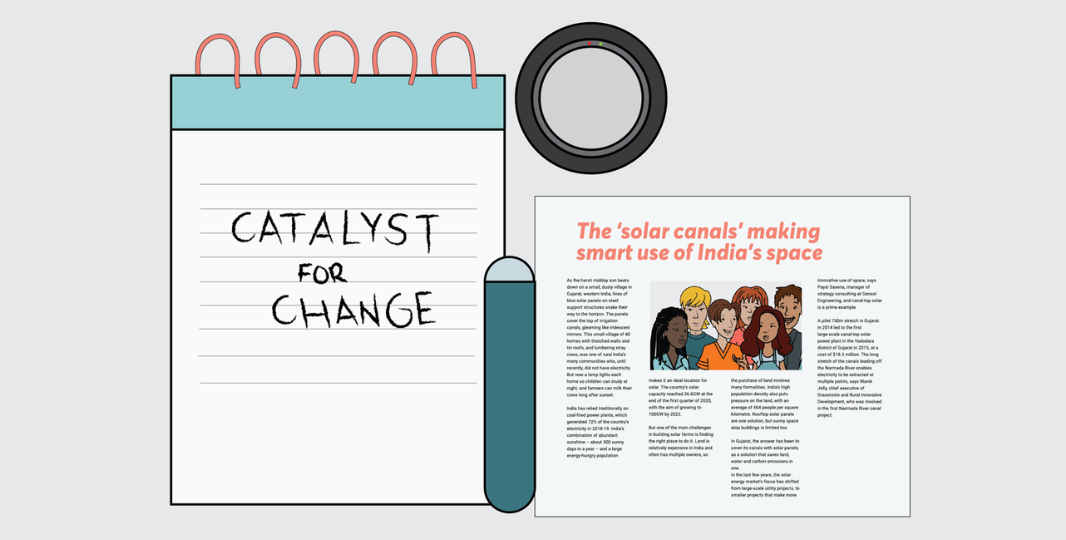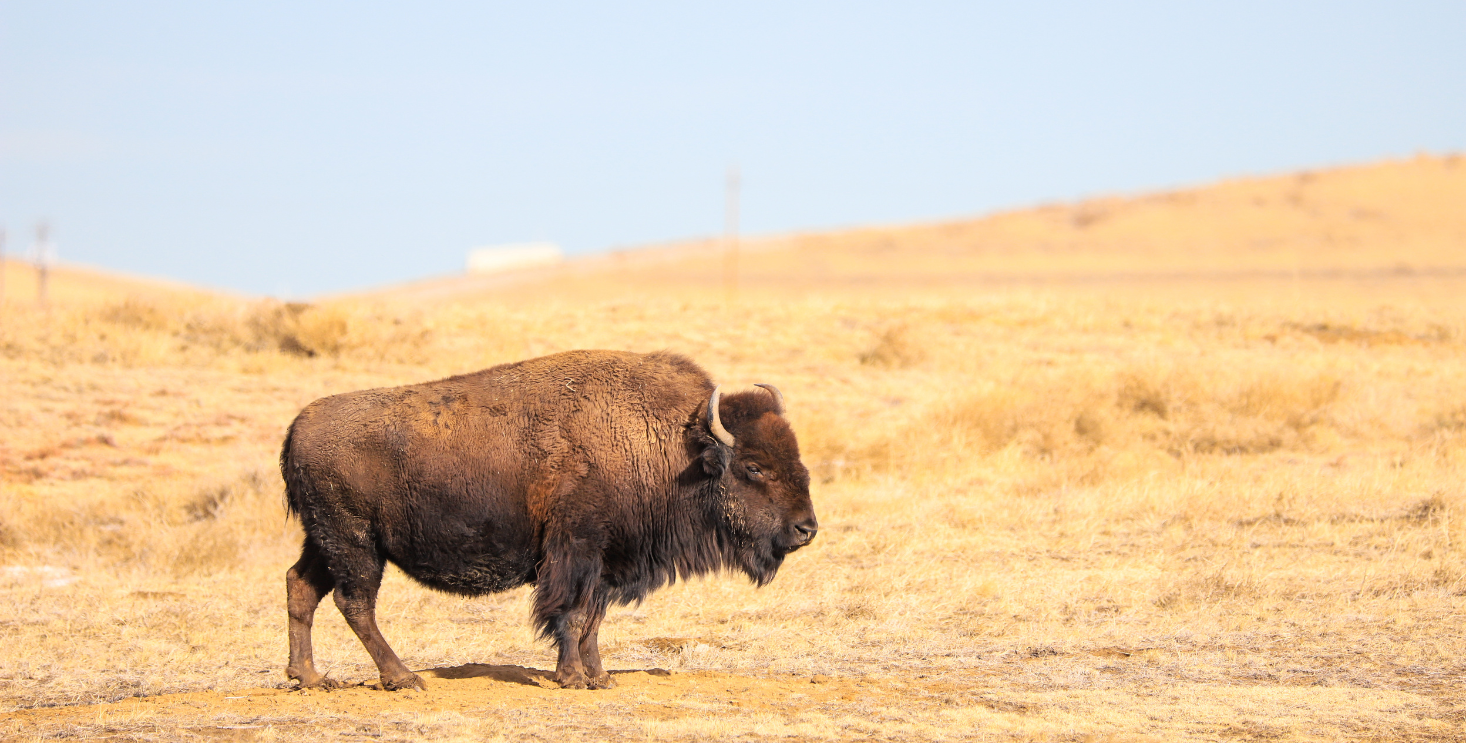As the global climate crisis intensifies, understanding the intersection of cultural values and environmental attitudes has emerged as a priority for those seeking to drive meaningful, climate friendly behavioral change. In the United States, religion remains a deeply influential force shaping worldviews, priorities, and social action. Consequently, examining the relationship between religious belief and environmental responsibility is not only timely but essential. Climate change mitigation efforts that overlook this dynamic risk missing a key opportunity to engage broad and diverse segments of the population.
AVDF, through its Environmental Solutions Program Area, supports organizations working at the forefront of behavior change science. This portfolio prioritizes initiatives that seek to transform individual and institutional behavior in ways that reduce the impact of climate change and promote environmental resilience. AVDF-funded projects often incorporate insights from behavioral economics, psychology, and social change theory, and emphasize strategic communication, capacity building, and training. These efforts aim not merely to inform but to inspire action through responsive and evidence-based approaches.
Within this context, the Pew Research Center—a leading authority on public opinion research—has played a critical role in advancing the understanding of environmental attitudes and religious identifies in the United States. While Pew has previously produced extensive research on climate-related beliefs and religious affiliation separately, no single study had fully integrated these domains to explore their interconnections in depth. This gap left fundamental questions unanswered: How do religious communities conceptualize environmental stewardship? To what extent do clergy incorporate climate change into spiritual discourse? And how do congregants prioritize ecological concerns relative to other moral and theological imperatives?
Of particular importance is the question of whether individuals view climate action as a religious obligation—and if so, how this belief influences their willingness to adopt climate-friendly behaviors or make sacrifices for the sake of future generations. These inquiries carry profound implications for those working to mobilize faith-based communities around climate change initiatives.
To address this critical knowledge gap, the Pew Research Center undertook a landmark project to assess the interplay between religious identity and environmental concern. With support from a $550,000 grant from AVDF, Pew launched a two-part initiative in fall 2021 aimed at deepening understanding of how faith influences Americans’ views and behaviors around climate change.
“This research from Pew is invaluable. Understanding the nuanced relationship between religious belief and environmental concern is critical to developing climate strategies that are both effective and inclusive. By offering a rigorous, data-driven foundation, this study enables practitioners and funders alike to engage diverse communities—including those grounded in faith—with messages that inspire meaningful action,” said John Churchill, AVDF Vice President of Grants and Programs.
The centerpiece of the project was a national stand-alone survey, fielded in 2022 among a representative sample of over 10,000 U.S. adults. The survey focused on the ways in which Americans’ religious affiliations, commitments, and community networks correlate with their beliefs and behaviors concerning climate change and other environmental issues. Pew designed the survey to explore both the direction and nature of these influences, providing a nuanced view of where alignment or divergence occurs across different religious groups.
In the second phase of the project, Pew built on the initial survey by integrating its core themes into the broader Religious Landscape Study (RLS), which includes responses from approximately 35,000 participants. AVDF’s support enabled the inclusion of a specialized climate module within the 2023 RLS, ensuring that questions of environmental ethics and behavior are now permanently embedded in one of the most comprehensive surveys of American religious life.
Preliminary results from the initial survey, published in fall 2022, offer both expected and surprising insights. While a majority of highly religious Americans affirm the belief that humans have a divine responsibility to care for the Earth, they are significantly less likely than other groups to express urgency about climate change. Only 34% of Evangelical Protestants, for example, view global warming as a serious problem, compared to over 70% of individuals from non-Christian traditions and religiously unaffiliated populations. These findings reveal a disjunction between theological ideals and environmental concern.
The research identified several contributing factors to this disparity, including political partisanship, theological fatalism (i.e., the belief that God controls the climate), and limited exposure to climate issues within religious congregations. Nonetheless, the findings also point to opportunities: younger members of skeptical religious groups demonstrate greater openness to climate action, and ideological resistance is often shaped more by political identity than by religious doctrine itself. These insights suggest potential entry points for engagement and behavioral change.
The broader impact of the study has been substantial. More than 107,000 individuals have accessed the main report or related publications, and the findings have received widespread media coverage—including more than 1,400 articles in outlets ranging from NPR and CBS News to Christianity Today and Inside Climate News.
Looking ahead, the insights generated by both the stand-alone survey and the RLS module are poised to shape future strategies aimed at influencing American behavior in response to climate change. The work provides organizations—such as AVDF, climate nonprofits, and educational institutions—with a reliable evidence base for designing culturally sensitive, religiously informed approaches to climate communication and behavior change. Given the scale, credibility, and depth of Pew’s methodology, these resources are likely to remain cornerstones of research and strategy for years to come.
Back to all Stories


